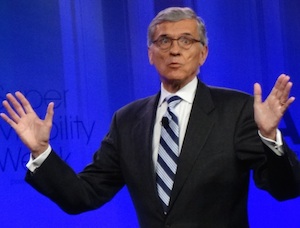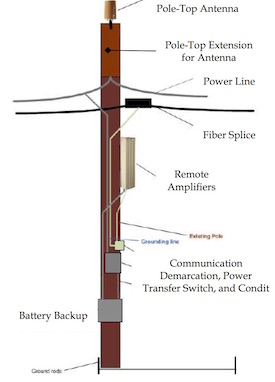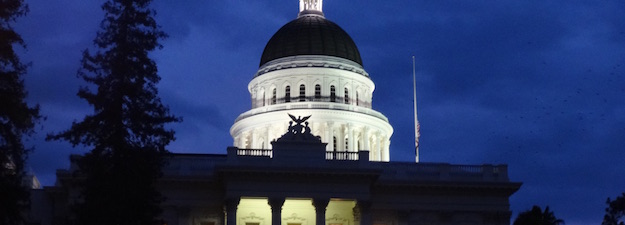Artificial intelligence is smart enough for (some) federal highway safety rules

Assume feet and hands.
The federal highway transportation safety agency agrees with Google that the artificial intelligence system that controls its autonomous cars is the driver for purposes of federal vehicle safety rules. According to a letter sent to Google by the agency and posted on its website…
… MoreGoogle’s design choices in its proposed approach to the [self driving vehicle] raise a number of novel issues in applying the [federal motor vehicle safety standards (FMVSSs)].



![By brewbooks from near Seattle, USA (Shoveling manure) [CC BY-SA 2.0 (https://creativecommons.org/licenses/by-sa/2.0)], via Wikimedia Commons](https://www.tellusventure.com/images/2016/2/shovelling_manure.jpg)
![By Foto de Tech. Sgt. Cherie A. Thurlby, USAF [Public domain], via Wikimedia Commons](https://www.tellusventure.com/images/2016/2/dolly_parton.jpg)

![By Andrew Currie [CC BY 2.0 (https://creativecommons.org/licenses/by/2.0)], via Wikimedia Commons](https://www.tellusventure.com/images/2016/2/cat_box.jpg)
![By Brocken Inaglory (Own work) [CC BY-SA 3.0 (https://creativecommons.org/licenses/by-sa/3.0) or GFDL (https://www.gnu.org/copyleft/fdl.html)], via Wikimedia Commons](https://www.tellusventure.com/images/2016/2/san_bruno_explosion.jpg)
